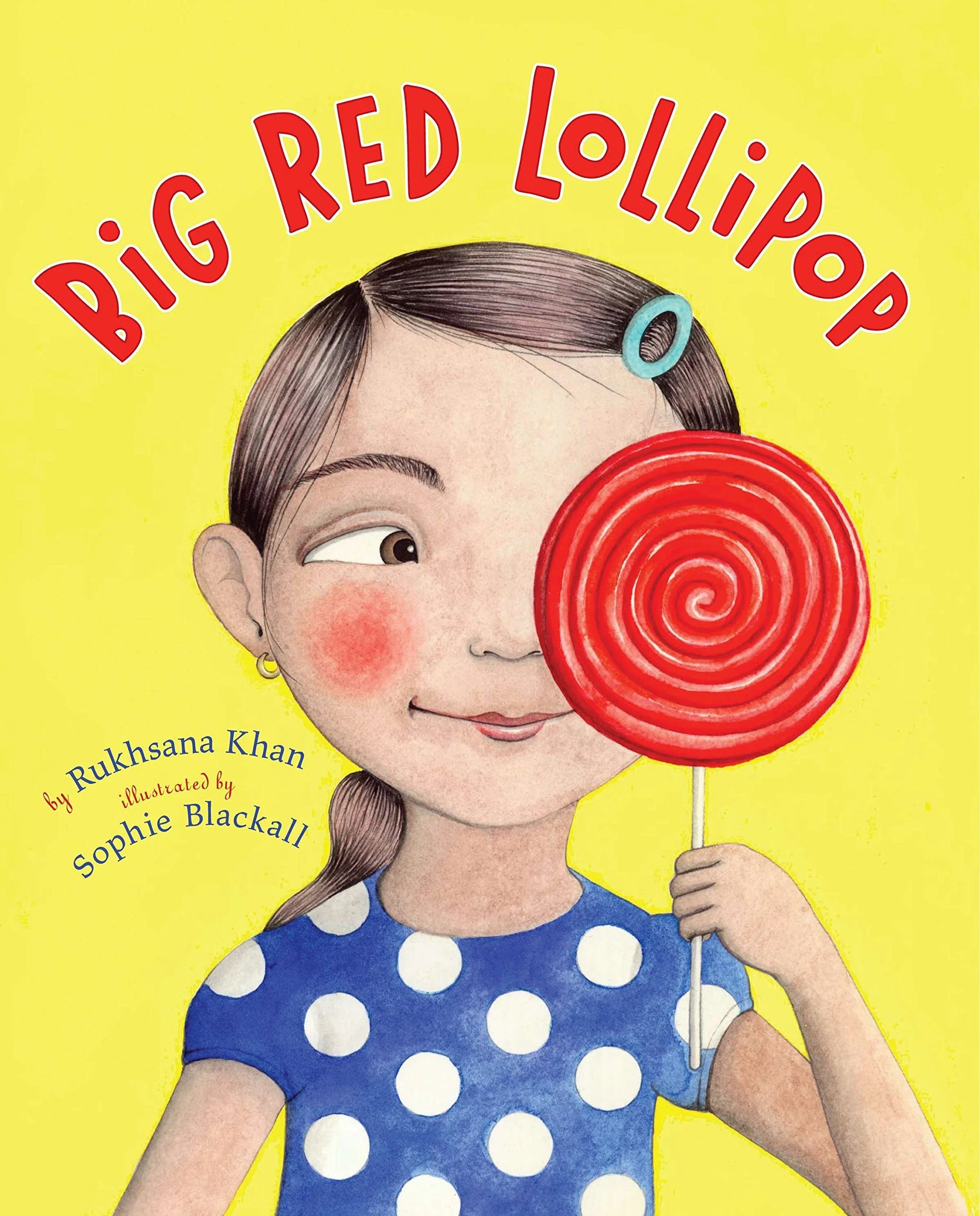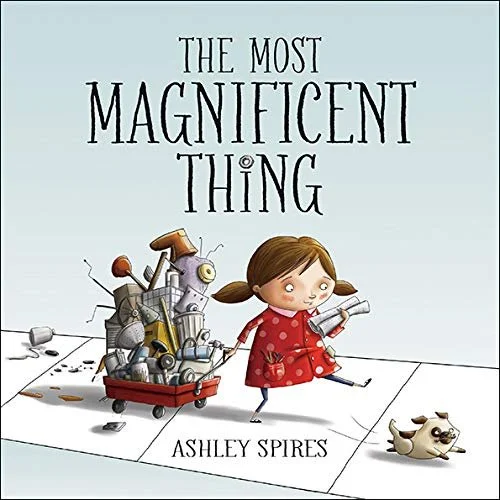Three Books On Taming Anxiety and Praising Failure
Failure is on my mind. Speaking of failure (my own): this past weekend, I was busily driving my two small sons off to basically nowhere at all – our chronic Covid destination. As were driving, my eldest son began to tell me how unsatisfactory I have been recently. In particular, he told me how much I’d been yelling. When I asked him to give me an example, he told me simply, “You speak all the time like you’re yelling, and that’s basically the same thing.” Demoralized, shame-ridden, as I drove I praised him for telling me and promised I would work on it, since that's what we parents are supposed to do. Reflecting on my many past failures and already dreading future failures to come, I wept silently while driving, knowing that I couldn’t let the kids see in case they’d be afraid to raise future parental failures (not likely). All of my own shame and failure made me think of Gail Caldwell’s beautiful ode to breakdowns, addiction, and so many other ordinary terrible things titled Let’s Take the Long Way Home. Here, Gail Caldwell describes (among other things) her own flight from alchoholism, a journey that takes her to a therapist’s office weeping with terror at her own drinking. Her therapist asks her why she is so frightened “and I told him, weeping, the first that came into my mind: ‘I’m afraid that no one will ever love me again.’ He leaned toward me with a smile of great kindness on his face, his hands clasped in front of him. ‘Don’t you know?’ he asked gently. ‘The flaw is the thing we love.’”
The flaw is the thing we love. I have said this adage many times in my own life, as well as these: “nobody’s perfect; everybody makes mistakes.” And yet, these all-too-human truths remain painful and hard to bear, especially in the face of our failures of our children. In the spirit of embracing our own flaws and helping our children to revel in making mistakes, here are 3 books which help to get us there.
Big Red Lollipop
By Rukhsana Khan and illustrated by Sophie Blackall
I love this book. Big Red Lollipop does so many things. It talks brilliantly about siblings fighting and making up; it talks about the pressures to assimilate under white supremacy, and how hard that is on both adults and children. And Big Red Lollipop also explains mistakes in a beautiful and compassionate way. This book follows a little girl named Rubina, who has been invited to a birthday party: “There’s going to be games and toys, cake and ice cream! Can I go?” Upon hearing her mother ask her what a birthday party is, Rubina tries to explain that “It’s when they celebrate the day you were born.” As her mother asks her “why they do that? (“They just do! Can I go?”) her little sister Sana begin to beg to go with Rubina. I can’t take her, Rubina exclaims, she’s not invited! And yet, her mother makes the fatal mistake of failing to listen, and forces Rubina to her call up her friend and ask if Sana can come. “They’ll laugh at me! They’ll never invite me to another party again!” But her mother insists.
The party is not a success. Rubina’s little sister Sana has to win all of the games, and cries “like a baby” during musical chairs. As salve on the wound: both girls get loot bags to take home. Sana does not know how to make hers last because she is too little: “By bedtime, her candies are all gone, her whistle is broken, and the ruby in her ring is missing." But Rubina has saved her big red lollipop, and puts it “on the top shelf of the fridge to have in the morning.” She dreams all night about how good it will taste. But in the morning, “Sana’s already up” and all that is left of the big red lollipop is a triangle stuck to a stick. Sana runs away from her older sister and hides behind their mother, who insists to Rubina it is no big deal. “Ami says, ‘For shame! It’s just a lollipop! Can’t you share with your little sister?’” As our hero says:
I want to cry, but I don’t.
The worst thing is that all the girls at school know if they invite me to their birthday parties, I have to bring Sana.
I don’t get any invitations for a really long time.
And then one day Sana herself receives an invitation to a birthday party. Her little sister Maryam screams, “I wanna go too.” Their mother tells Sana, only fair, and Sana, realizing too late her mistake, begs and pleads: “Sana’s begging so hard she’s crying, but still Ami won’t listen.” As Rubina sits there, she thinks quietly:
“I could just watch her have to take Maryam. I could just let her make a fool of herself at that party. I could just let her not be invited to any more parties, but something makes me tap Ami on the shoulder and tell her that she shouldn’t make Sana take Maryam. Ami listens, and so “Sana gets to go by herself.” After the party, Sana knocks on Rubina’s door. In her hand is a big green lollipop. And “after that we’re friends.”
Oh, the struggles of childhood. Hearing Sana and Rubina desperately crying to their mother to understand, which Ami can’t for all of her own complex reasons initially do, I thought back to the many times that my sons have pleaded desperately for something that I did not let them have. The mistakes that we parents make in not understanding – for all sorts of systemic reasons and also reasons of having left behind the world of children for the world of adults. All of the mistakes made that shape a life, and yet also the profound learning and pleasure of connection between these two sisters that emerges from these fault lines.
Somewhere sometime in a book that I still can’t locate (another mistake), the great Indigenous thinker Patricia Monture-Angus said that mistakes are the foundation of learning, and how true, how true this is. I hope that, like me, this book will inspire you towards self-compassion and hopefulness when thinking about mistakes in your own lives.
[With thanks to Naomi Danis (whose book I Hate Everyone I adore) for this book recommendation].
The Most Magnificent Thing
Ashley Spires
One of my sons tends toward perfectionism, and who wouldn’t, in this anxious time, like a little control. And yet, not being able to make mistakes makes learning, well, hard. Millicent is a scientist who likes making things. One day, she decides to make the most magnificent thing. She hammers and pummels, saws and glues and adjusts. And yet, the thing will not take shape the way it is in her head. As Millicent tries and tries to make reality and the picture in her head come into alignment, she gets more and more frustrated. Compliments from others only incense her further: “they don’t understand. They can’t see the MAGNIFICENT thing that she has in her mind.” Finally Millicent gets mad, and the “angrier she gets, the faster she works. She SMASHES pieces into shapes. She JAMS parts together. If only the thing . . . would . . .just. . . WORK!!!
Oh, who cannot relate to Millicent. Watching one of my sons try to draw the perfect letter "S," and begin ripping up pages in frustration that the S on the page did not match the S in his mind, I felt so sad. Pointing to the sign we have on our fridge that says “Fire Mr. Perfect! Good enough is good enough!” I tried to remind him gently that nobody is perfect. So too was my timing less than ideal: “Some people just like things to be PERFECT MUMMY!” he articulated clearly.
Later, I lamented to my patient partner how worried I was. Had I done thing wrongs in parenting him, what mistakes had I committed that had made him so incapable of making a mistake? “Well,” she said sagely, “nobody’s perfect hon. Not even you.” I wanted to be incensed, and there she was as an ideal target for my rage in that she was there, but really, it’s hard to refute. Everybody does make mistakes. Millicent is convinced by her dog to go for a walk, and as she does so, she sees her previous “magnificent thing” attempts lying abandoned on the sidewalk. Although none are perfect, in a calmer state, she can notice that “there are some parts of the WRONG things that are really quite RIGHT.” Finally, she manages to achieve something that is pretty good. Persistence has won out over perfection. For all the little anxious perfectionsists in your life, and there are more of them post-COVID since perfectionism is an outgrowth of anxiety, The Most Magnificent Thing is the perfect thing for you.
The Sorry Life of Timothy Shmoe
Written by Stephanie Simpson McLellan and illustrated by Zoe Si
This book is close to my heart. It features a child who struggles with impulse control, and seems to be a book about a child with ADHD/ASD. Timothy Shmoe is very active, very honest, and constantly getting into trouble. The book takes the form of the apology notes that Timothy’s dad makes him write. He writes to apologize to his aunt for saying he didn’t like the sweater she gave him for his birthday (“I said that because Dad says I must always tell the truth. I guess he isn’t telling the truth about that.”) He writes to his sisters for being so enraged with them that he had to destroy their artwork (P.S. Maybe you could say sorry for not letting me play with you and your friends.) And he even writes to the cat to (kind of) apologize for pulling your tail (“I pulled your tail because you scratched me.”) Poor Timothy, wherever he goes, temptation tempts him into getting in trouble. At the end, he brings marbles to his sisters’ ballet recital, and is unable to stop himself from going up on to the stage to jump around like the other ballerinas. In doing so, he releases all his marbles, and considerable chaos ensues. Although he writes poignant apology letters to his sisters, the most heartfelt and heartbreaking letter is to his father.
Dear Dad. I am sorry for wrecking everything (you probably wish I’d never been born).
-Your ever-loving son,
Timothy
And his dad writes him back the message we all long to give and to receive, as parents and as children.
Dear Timothy,
There is nothing you could do that would make me not love you.
I would only be sorry if you were not my son.
You ever-loving Dad
xoxoxo
Oh, the brutality of childhood. The temptations of the world. The challenges of parenting children who struggle mightily with impulse control. This book is a love letter to all those parents in love with their equally lovely, loving and challenging children.
As we approach another trying holiday season – always a ripe time for individual and familial wrongdoings, I hope you are all managing to survive and love yourselves and your biological and chosen families – collectively and apart.


